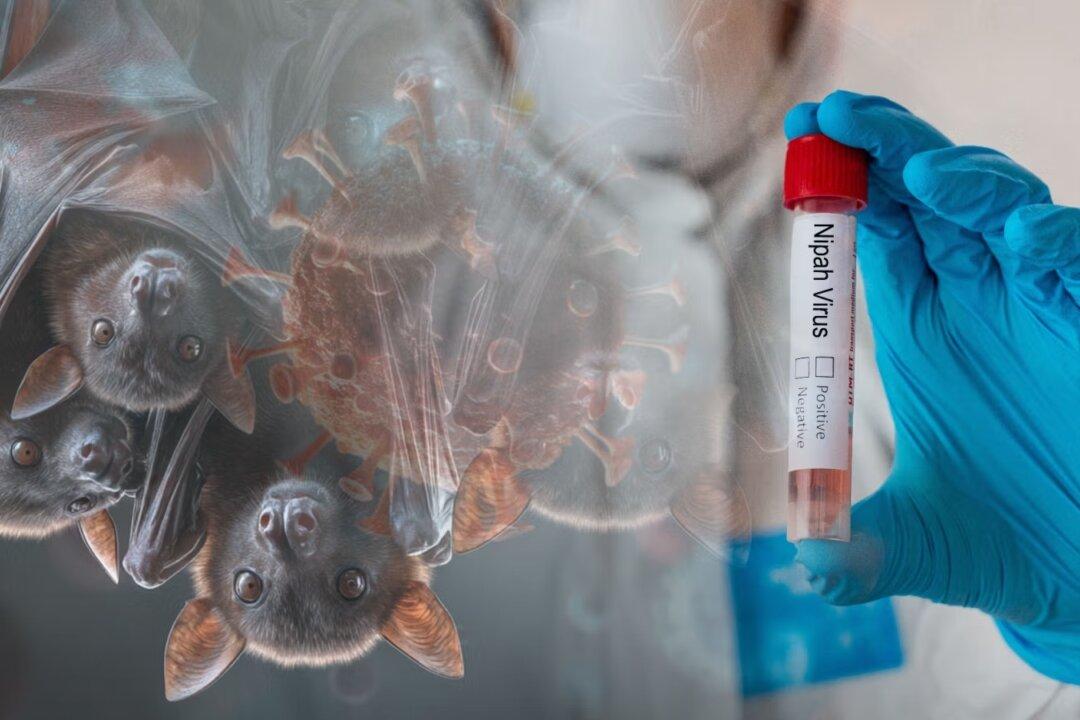Commentary
The director-general of the World Health Organization (WHO) states, “No country will cede any sovereignty to WHO,” referring to the WHO’s new pandemic agreement and proposed amendments to the International Health Regulations (IHR), currently being negotiated.






